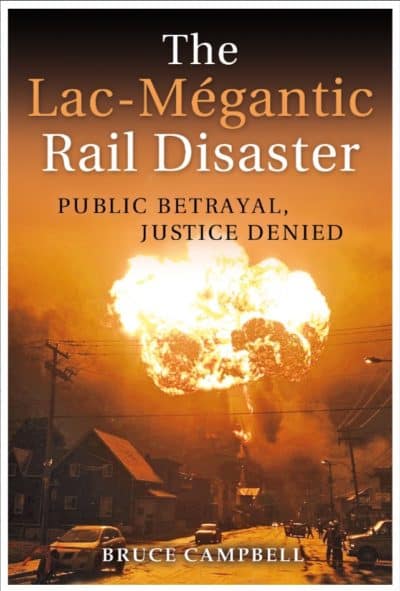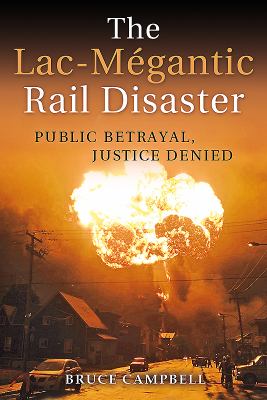Urban Sky
Senior Member
Don’t get me wrong: the residents of Lac-Megantic have all rights to expect the country who benefits from the shipments of weaponized crude oil to ensure that such a tragedy will never again devastate their community. I’m just lambasting our federal government for rather building what is - by any economic standards - a grotesquely superfluous and wasteful project, just because they can’t be asked to do their job, which is to protect all citizens in this country by ensuring that such an entirely preventable disaster won’t happen again anywhere in this country.I mean while you're not WRONG, I don't think fighting this is really worth any significant amount of time or energy...
We are, more or less, a democratic society and that means that at times we're going to do things based more on feeling than anything objective. It's pretty bloody obvious where the feeling we should do something about Lac-Mégantic comes from, and hard to argue with from anything but the kind of technocratic perspective that really doesn't assuage that feeling.
As “Railway Age” has commented on the third anniversary of the disaster, “The probability of future, entirely avoidable oil train calamities approaches the inevitable.”

The positive legacy of Lac-Mégantic: Zero - Railway Age
Three years ago, in the early hours of July 13, a runaway oil train exploded in the then-idyllic lakeside town of Lac-Mégantic, Quebec, killing 47 people.
For anyone who thinks that this assessment is sensationalist or overly pessimistic, I highly recommend the book “The Lac-Mégantic Derailment: Public Betrayal - Justice Denied” by Bruce Campbell:

The Lac-Mégantic Rail Disaster: Public Betrayal, Justice Denied by Bruce Campbell
The July 6, 2013 Lac-Mégantic rail disaster is a tragedy unparalleled in Canadian history. It resulted in a major loss of life, massive environmental destruction and the evisceration of a small Quebec town.
 miramichireader.ca
miramichireader.ca
As it happens, the Toronto Public Library has 8 copies available:

The Lac-Mégantic rail disaster : public betrayal, justice denied
"The July 6, 2013 Lac-Mégantic rail disaster is a tragedy unparalleled in Canadian history. It resulted in major loss of life, massive environmental destruction and the evisceration of a small Quebec town. Blame landed squarely on the shoulders of three front-line employees of the Montreal...





-MO-10-MINO_GENERIC_WEB_CARDS_TEMPLATE_NEWS-RELEASE-TITLE_EN.jpg)